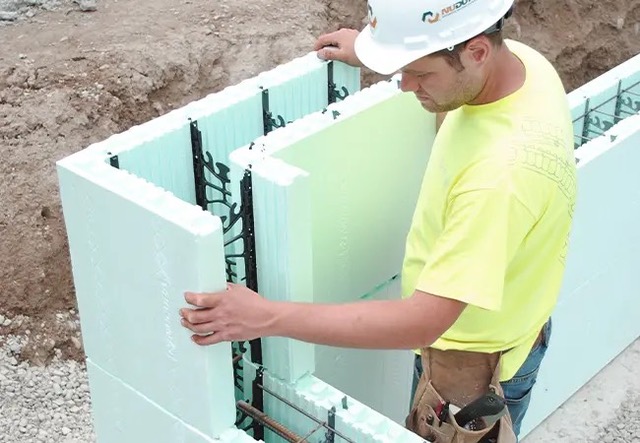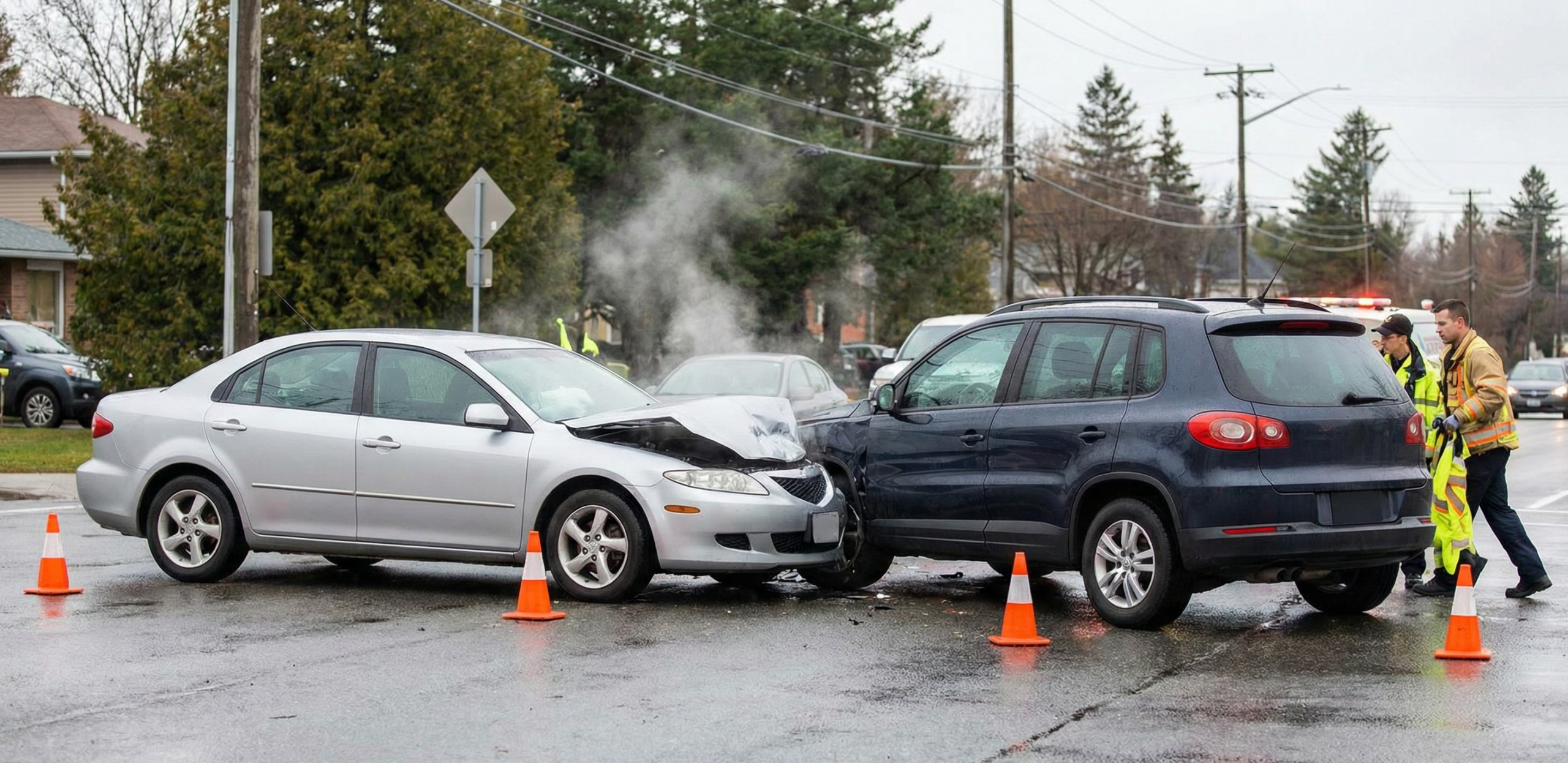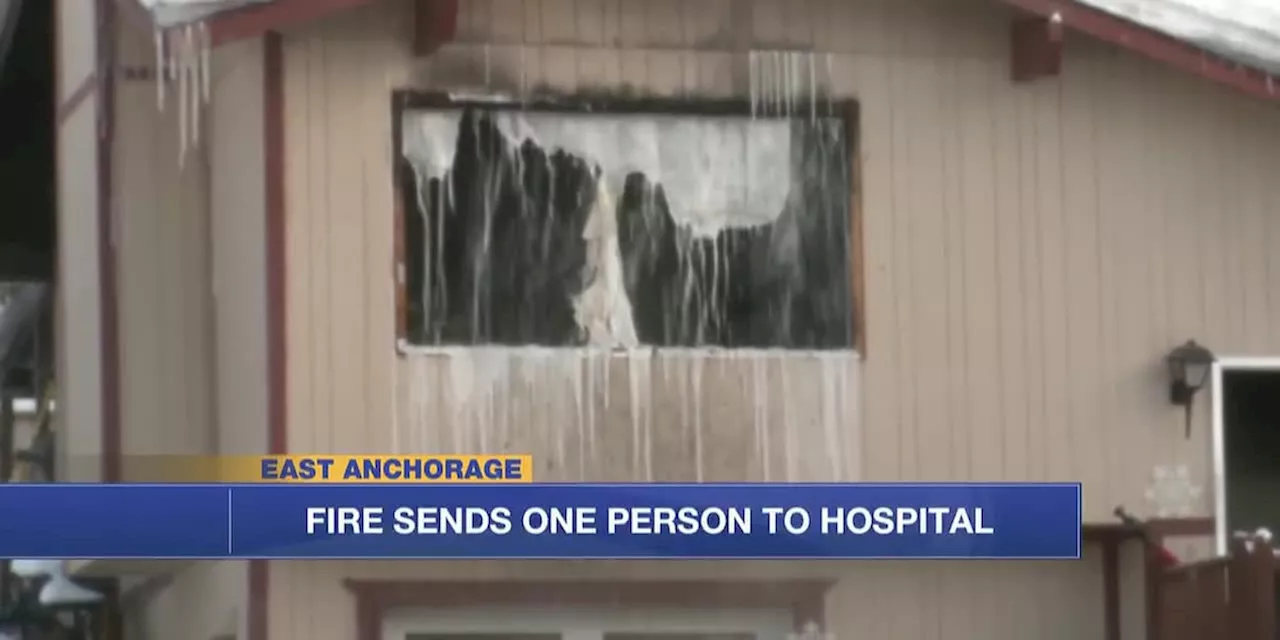
Record-breaking temperatures across Virginia this summer have prompted a critical conversation about the need for energy-efficient and climate-resilient housing. As the commonwealth grapples with increased energy consumption and rising utility bills, many are turning to innovative building solutions. The adoption of energy-efficient homes is no longer just a matter of comfort; it has become essential for financial stability and long-term resilience.
With climate change intensifying, it is imperative that homes serve as more than mere shelters. They must be designed to withstand extreme weather events while providing consistent energy savings. One promising option gaining traction among homeowners and builders is the use of insulated concrete forms, or ICFs. This building technique combines strength, energy efficiency, and sustainability into a single, cost-effective system.
Understanding ICFs and Their Benefits
ICFs are constructed using large foam blocks that are stacked and locked in place. Once positioned, ready-mixed concrete is pumped in, creating walls that offer both robust structural integrity and continuous insulation. This method not only enhances the durability of homes but also reduces energy costs significantly.
The benefits of ICF construction are compelling. Homes built with ICFs provide superior insulation and airtightness, which can lead to lower heating and cooling costs, ultimately reducing the carbon footprint. Additionally, these structures are resistant to fire, wind, pests, and moisture, making them capable of withstanding severe weather conditions, including hurricanes and earthquakes. The noise reduction properties of the concrete core and foam insulation also contribute to quieter living environments, enhancing the quality of life for residents.
In Virginia, organizations such as Habitat for Humanity Peninsula and Greater Williamsburg are actively incorporating ICFs into their projects. Currently, two ICF homes are under construction in Toano, and Habitat for Humanity Amherst County recently completed its first two ICF homes. These initiatives reflect a broader trend among builders in the state who are recognizing the long-term benefits of ICF construction.
Expanding Access to Resilient Housing
Leading the charge in ICF adoption is David Phelps, founder of ICF Homes of Virginia. With over 20 years of experience in the industry, Phelps emphasizes the importance of durability, energy efficiency, and design flexibility in home construction. His company has begun offering simplified floor plans aimed at making ICF construction more accessible to a wider range of homeowners.
Phelps views sustainability as a key component of modern construction. “In our business, we define sustainability as a home that lasts for hundreds of years, not one that gets knocked down or burned every 50 years and rebuilt with the same materials,” he stated. “We build homes assuming they won’t need to be rebuilt for generations. To me, that’s true sustainability, something that can withstand whatever nature throws at it.”
The growing interest in ICF construction aligns with broader efforts in the building industry to adapt to evolving standards and environmental challenges. As a board member of the Virginia Ready Mixed Concrete Association, Phelps advocates for ICFs as a reliable option that meets both sustainability and long-term performance goals.
Investing in smarter, more resilient construction is not merely about cost savings. It represents a commitment to building a stronger and safer future for generations to come. As awareness of the benefits of ICFs continues to grow, more builders and homeowners are likely to adopt this innovative approach, paving the way for a more sustainable housing landscape in Virginia.







